FAQ: Are Raw Food Diets a Healthy Way to Lose Weight?
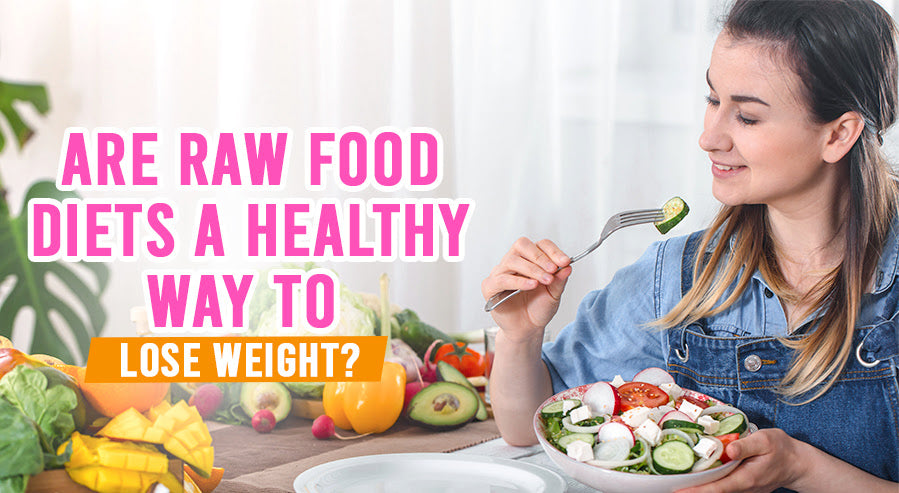
Weight management sees raw food diets as a top pick, with both pros and cons. This diet style pushes for eating whole, unprocessed, and hopefully organic plant-based foods, with a big chunk, about three-quarters, not cooked. Really important items like fruits, veggies, nuts, seeds, and sprouted grains are packed with nutrients and don't have a lot of calories. High-nutrient content and no-calorie-loaded, low-nutrient foods like those with refined sugars and flour help to lose pounds.
And the belief that losing weight always equals better health can be challenged. With a raw food diet, you run a big risk of missing out on really important nutrients; this needs careful monitoring. A fun fact is that vitamin B12, mostly found in animal products, might be missing in this diet. Also, important minerals like iron, zinc, and omega-3 fatty acids might not be easy to get from a raw food diet, unlike a different diet that includes cooked foods.
A different health problem that can come from the raw food diet is food safety. Usually, cooking is an important factor in helping your body absorb nutrients and killing any harmful microbes. Without cooking, you might catch food-borne diseases, mainly if you eat raw animal products.
At the day's close, a really important question is - do all weight loss strategies work the same? Even though raw food diets trigger noticeable weight loss, you can't forget about the potential lack of enough nutrients and the increased chances of food-borne sickness. Sure, shedding pounds is part of the process, but it's super important to do it in a healthy way, too!
What is a Raw Food Diet?
The raw food diet is eating foods that aren't cooked or processed. That makes sense, right? You get to keep all those really important enzymes and nutrients that usually go bye-bye when you cook.
Mostly, you'll eat plants on this diet. But you do you! If you like raw meat or fish, you can eat that too.
Don't freak out - you don't need to live on carrot sticks or anything. Try to build your meals with about 75% raw foods. Some good examples are fruits, veggies, nuts, seeds, sprouted grains, and legumes. Even foods that are slightly warmed or fermented count as raw. Isn't that neat?
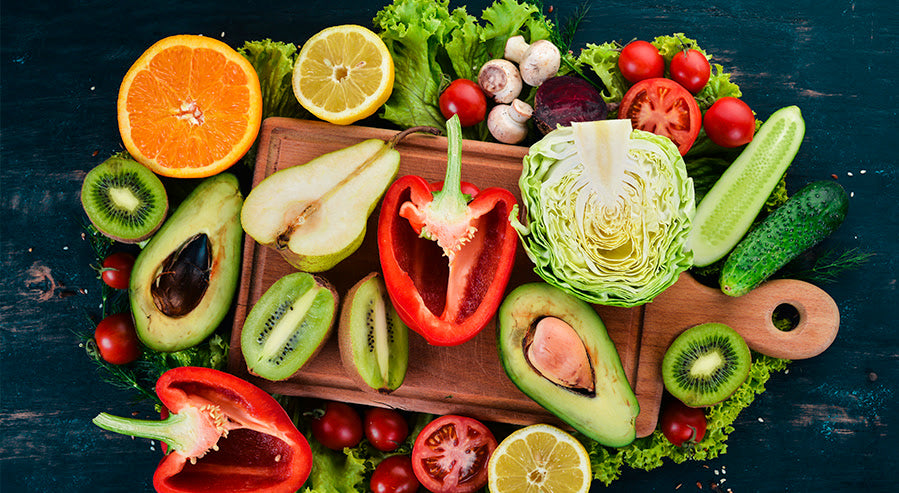
There are loads of ways to try this diet. It's not like one-size-fits-all. You might know someone who only eats raw and vegan. I'd probably choose a vegetarian version and add some raw dairy or eggs. Of course, you could go whole hog (literally) and eat raw meat and fish.
This diet is really creative. You don't just eat foods au naturel. You can soak, sprout, dehydrate, juice, and much more. You won't just eat salads - promise! I've even seen some pretty tasty raw versions of pizzas, pasta, and desserts.
Mind you, this has many uses beyond a food fad. It can definitely be healthy, but you have to be smart about it. Food safety is important, and you don't want to miss out on important things like protein, iron, calcium, vitamin B12, and omega-3 fatty acids.
Here's something to remember: A raw food diet doesn't mean you only eat raw things. It's more about eating food that's untouched, unprocessed, and nutrient-dense. It's sort of a back-to-nature kind of diet. Who knew there was more to it than munching on a bunch of carrots, huh?
Highlight the Weight Loss Potential of Raw Food Diet
Let's think about a diet that's full of fiber but low in calories - specifically, a raw food diet. Picture a plate that's packed with fresh fruits and veggies, all stuffed with water and fiber. This food is high-volume, but the calories aren't as much as you'd think, which can ideally leave you feeling full.
You should mix high-fiber foods into your daily meals. As these foods add bulk, they can slow down digestion and the way your body absorbs nutrients. The knock-on effect of this is feeling full for longer, which could potentially rein in your calorie intake. Add to this, the natural water in these foods can possibly fire up your metabolism - talk about an added bonus for weight loss!
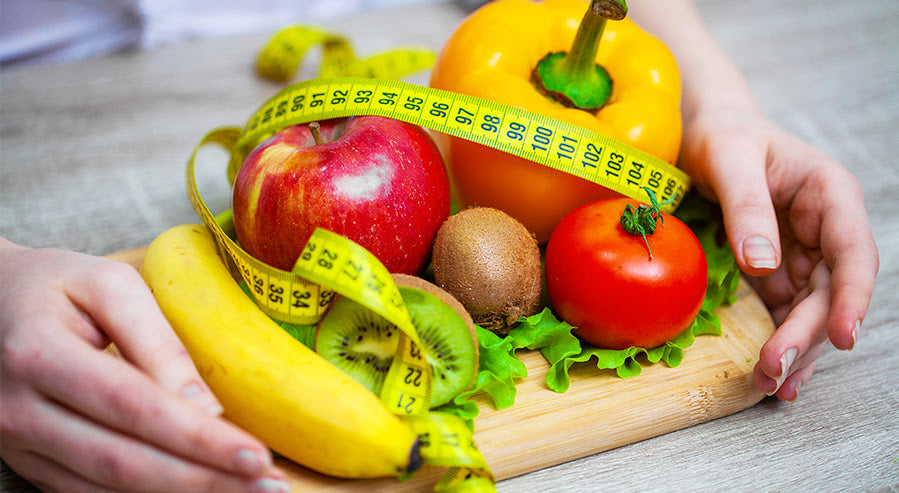
When we say "raw food diet," we mean food that's not processed, mostly organic and not cooked. Why? Well, cooking often softens the tough bits in foods, and raw food fans say it waters down both their nutrients and inherent enzymes.
Eat raw veggies, and you'll get more vitamins and minerals, which could up your nutrient intake and metabolism. Isn't this what makes raw diets a serious contender for weight loss?
But let me remind you - part control is as necessary in a raw food diet as it is in any other diet. All-you-can-eat usually isn't a good thing; cut calories if you want to drop some pounds.
When you combine high fiber and low calories with feeling full longer and nutrient boosts, raw food diets seem like a promising way to lose pounds.
Discuss Potential Nutrient Deficiencies in Raw Food Diets
A raw food diet might lead to nutritional deficiencies; certain important minerals and vitamins are often found in cooked foods. Have you ever paused to think about vitamin B-12? It's really important for nerve function and forming red blood cells. Exclude animal products from your raw food diet, and you might feel a hit from the lack of this nutrient.
What about grains and cereals? Doesn't it ring a bell? These iron-rich foods are really important for making hemoglobin - it's the thing in red blood cells that helps oxygen get around your body. Skip these, and you could be looking at an iron deficiency.
Another thing you could run short on when you take up this diet is calcium. This gets especially dicey if you say no to dairy products - that's where a regular diet gets most of its calcium from. You have to remember - a calcium shortage can make your bones and teeth dirty.
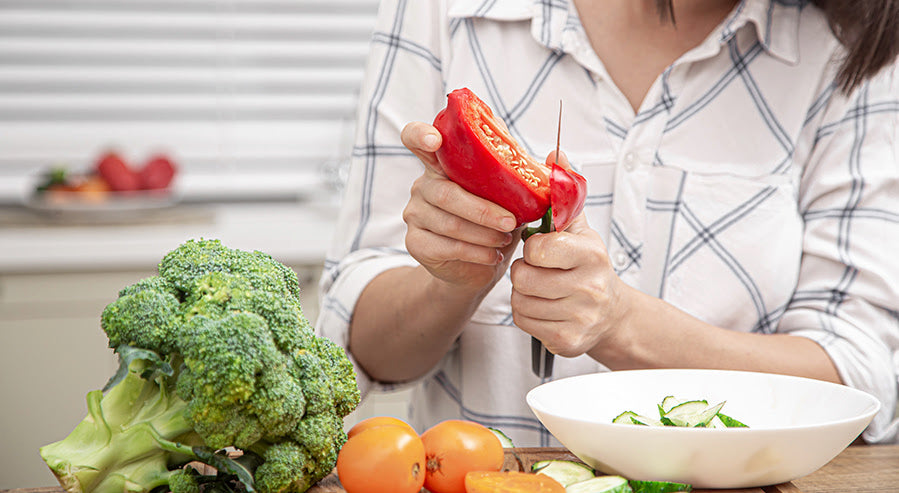
Omega-3 fatty acids - remember them! The biggest sources are cooked, cold-water fish like salmon and mackerel. Without enough Omega-3s, your regular brain function might get upset, and you might experience mood swings. Who needs that?
Let's take a moment to think about Vitamin D. The sun helps us make it, but many people boost their intake with food, especially when the skies go gray. In fact, coming up short on Vitamin D can result in muscle weakness and bone pain. Not fun!
Can Raw Food Diets Lead to Other Health Issues?
A raw food diet has a heavy dependence on fruit and fats for calories, and that has some risks.
Let's think about this - lots of fruit sounds good, right? But it's more complicated. Sure, fruits are filled with vitamins and fiber. Sadly, it's not all sunshine and rainbows - these juicy treats don't offer everything your body needs. They're missing some really important proteins and minerals, like iron and zinc. You could end up malnourished without some extra supplements thrown in.
Remember that eating a ton of fruit means digesting more sugar. Those fruits are packing fructose, which is a natural sugar that can cause problems if we chow down on too much. Uh oh! This could result in unexpected weight gain or even lead to insulin resistance - which is an early sign of diabetes.
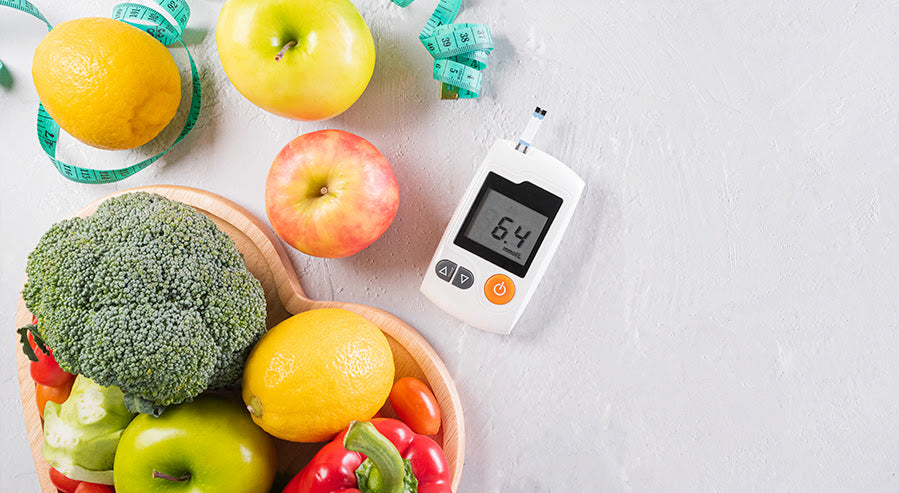
And don't get me started on the raw food diet's love for raw fats! Just because these fats, abundantly found in nuts and seeds, are healthy doesn't mean they're not packing calories. Pig out on too many, and you could end up gaining weight rather than losing it. Also, a diet top-heavy with fats might increase your chances of heart disease, especially if the fats are saturated. Really, who needs that?
Don't get the wrong idea! Pounding fruits and fats isn't an unwavering rule of the raw food diet. Lucky for us, this diet can shake things up - adding more variety like legumes and grains - thus making sure the right balance of nutrients and calories is maintained.
Are Raw Foods Hard to Digest?
Important nutrients and enzymes are kept safe in uncooked or unprocessed food, which is mostly what a raw food diet is about. But here's the thing: Our bodies might have a hard time digesting this thing. For instance, whole grains and legumes come with something called phytic acid - sort of an anti-nutrient - that sticks to minerals and gets in the way of absorption. Some raw foods, like kidney beans, could even carry toxins that might give you food poisoning if you don't cook them right. The bottom line is that all of these things could make it harder for your body to get the nutrients it needs.
Cooking raw veggies like broccoli, brussels sprouts, and cabbage is super important. They have fibers that your stomach might struggle with. Sure, these fibers can make you feel full, but too much could give you a case of gas. So, when it comes to these particular vegetables, delivering important nutrients like carotenoids and ferulic acid definitely requires a little heat.
Raw fruits can be pretty high in water, but there might be a downside. You see, they're loaded with fructose, which is a kind of sugar. Funny thing - this can upset your stomach, especially if you're going overboard with the fruit. Too much fruit might even be unhealthy, so moderation is important.
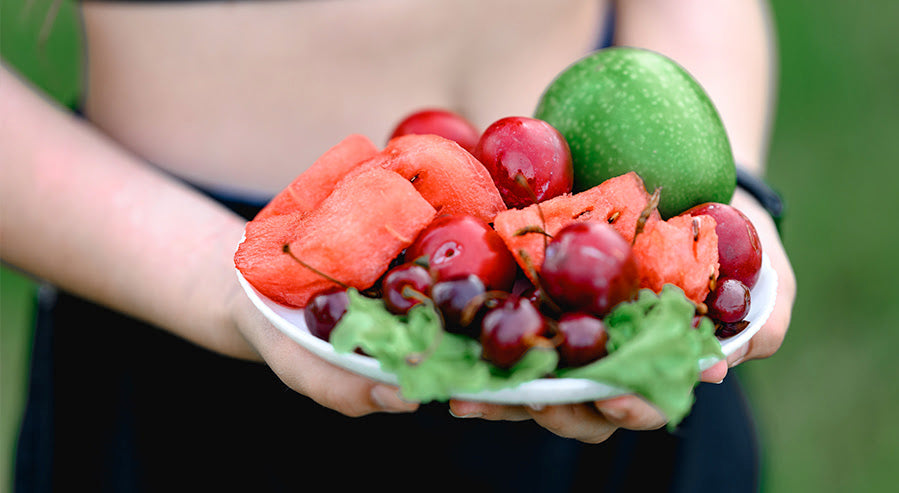
You have to realize that hard-to-digest foods aren't always bad news. Say what? That's right! Like those resistant starches in raw food - they ferment in your large intestine and could actually help your gut health. Though I'll admit, they could also cause bloating in some people, especially when found in foods like unripe bananas or raw potatoes.
People react differently to different types of food. So, it's important to pay attention to how your body reacts when you try new diets. You might find a raw food diet really speeds up your metabolism, but for some, it could cause constipation or even a nutrient deficiency.
Are There Risks of Eating a Raw Food Diet?
When it comes to raw food diets, proof of clearer skin boosted digestion, and increased energy is still a bit shaky. You have to remember that even if the claims sound good, it doesn't mean there's a lot of science backing it up. Now let's throw in the elevated risks of getting ticked off by food-borne illnesses, having a run-in with food poisoning, or catching an intestinal infection - because that's what you get when you're dealing with raw animal things like meat, eggs, and dairy.

Do you ever think about why we started cooking in the first place? It wasn't tasty dishes or hanging out at a barbecue. Way back when cooking popped up, it was a solid way to make sure we could squeeze every bit of nutrient out of our food. At the same time, it brought another layer of safety to the table - like a goalie blocking dangerous bacteria from sneaking in on a raw food diet.
Cook with confidence! It's like being your own personal food prepper, breaking down tough things like proteins into something easy for your body to handle. Now think about this - some things in food can be pretty harmful, right? But here's the good news! With heat, cooking safely manages these risks.
In the space of raw food diets, there's another shadow lurking. We're talking about a lack of Vitamin B12 - a real problem, especially if you're strictly going raw on the vegan path. The nerve health and red blood cell production you need come predominantly from this really important nutrient and the best source. Animals!
Finding The Perfect Blend
Making a plan to adopt a raw food diet for health improvement or weight loss is a must. You have to be careful, though. Your body could miss out on important nutrients like protein, calcium, omega-3 fatty acids, iron, and vitamin B12 - and that's dangerous if it goes on for too long.
Have you noticed how celebs or influencers keep pushing raw food diets? Always remember that what works for them may not work out for you. We're all unique in how our bodies function, in our lifestyles, and in our general health.
Scratching your head at how to lose weight while keeping up your health in this confusing space of nutrition? This is where health pros and experienced dietitians step in. They give you personalized dietary direction that keeps you healthy while controlling your weight.
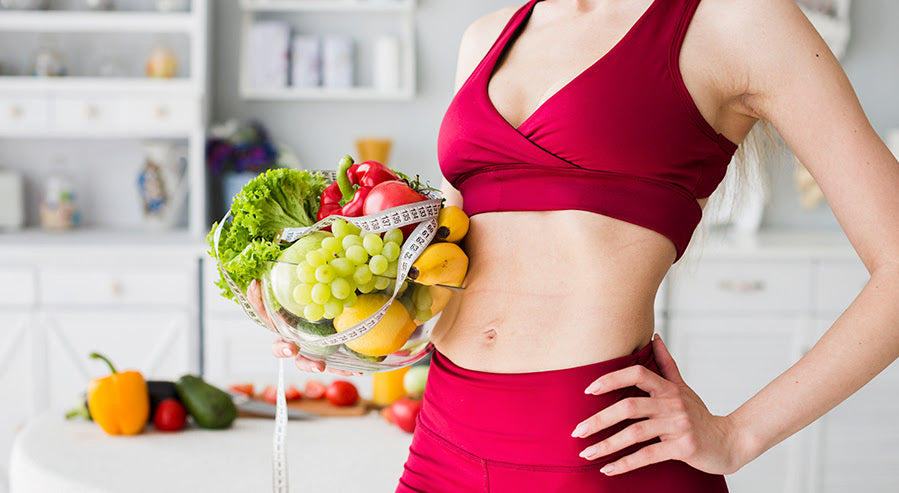
But hey - sometimes getting advice from a dietitian isn't doable. That's when Teami comes into the picture. We have tons of tea types ready to boost your health, help you lose weight, improve your sleep, strengthen your immune system, and just make you feel better overall. We have things to make your skin and body glow naturally, too. Our goal is to combine the power of nature with science-backed formulas that help you in your wellness process.
My advice? Swing by our store and see the variety of nature-focused solutions that fit your wellness plan. Be sure to have a chat with your healthcare provider before trying any new supplements. Above everything else, your health comes first, so make sure to always be prepared and wise to take care of it!
Subscribe to our Newsletter
Subscribe to our newsletter and get 10% off your first purchase
 Instagram
Instagram



